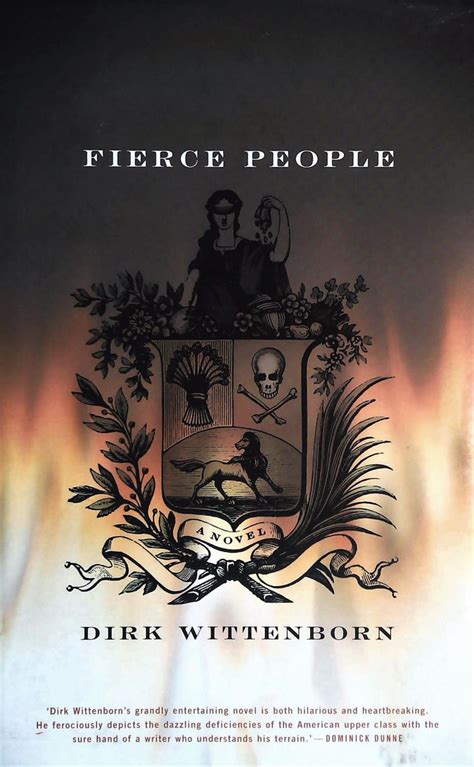A Quote by Steven Pinker
Morality, then, is not a set of arbitrary regulations dictated by a vengeful deity and written down in a book; nor is it the custom of a particular culture or tribe. It is a consequence of the interchangeability of perspectives and the opportunity the world provides for positive-sum games.
Related Quotes
Morality is neither rational nor absolute nor natural. World has known many moral systems, each of which advances claims universality; all moral systems are therefore particular, serving a specific purpose for their propagators or creators, and enforcing a certain regime that disciplines human beings for social life by narrowing our perspectives and limiting our horizons.
For a young person, anybody who's sorting out and trying to make a life for himself or herself, to have the opportunity each day to set down - sit down and then set down thoughts, words - it's a crucial, crucial way of staying alive, of not allowing yourself and not allowing the culture outside yourself to totally dominate your life.
Morality makes stupid.- Custom represents the experiences of men of earlier times as to what they supposed useful and harmful - but the sense for custom (morality) applies, not to these experiences as such, but to the age, the sanctity, the indiscussability of the custom. And so this feeling is a hindrance to the acquisition of new experiences and the correction of customs: that is to say, morality is a hindrance to the development of new and better customs: it makes stupid.
I suppose that literature as it is won't die, science fiction included. But games are becoming an extremely important part of the science fiction world, including games that are adapted from books (or vice versa: books that are adapted from games). It's wonderful to have the opportunity to play and see your favorite characters on the screen, but the opportunity to read a book does not become less attractive.
President Trump sees the world in transactional and zero-sum terms - if something is good for China, it must be bad for the U.S. By contrast, economists see the world in much more nuanced ways: if globalization is well-managed, it can be a positive-sum game, where both the U.S. and China gain; if it is badly managed, it can be negative-sum.
The world is ruled by neither justice nor morality; crime is not punished nor virtue rewarded, one is forgotten as quickly as the other. The world is ruled by power and power is obtained with money. To work is senseless, because money cannot be obtained through work, but through exploitation of others. And if we cannot exploit as much as we wish, at least let us work as little as we can. Moral duty? We believe neither in the morality of man nor in the morality of systems. [p. 168]
I trace the inequality to a particular set of decisions that we took when we lowered the tax rate from 91% down to very low levels at the top, where we stripped away regulations. So the result of that was not a more dynamic economy, but a more unequal society. We tried the experiment of trickle-down. A third of a century later, we can say fairly definitively that it was a failure.
And most of all, books. They were, in and of themselves, reasons to stay alive. Every book written is the product of a human mind in a particular state. Add all the books together and you get the end sum of humanity. Every time I read a great book I felt I was reading a kind of map, a treasure map, and the treasure I was being directed to was in actual fact myself.
For as the aged, or those whose sight is defective, when any book, however fair, is set before them, though they perceive that there is something written, are scarcely able to make out two consecutive words, but, when aided by glasses, begin to read distinctly, so Scripture, gathering together the impressions of Deity, which, till then, lay confused in our minds, dissipates the darkness, and shows us the true God clearly.


































